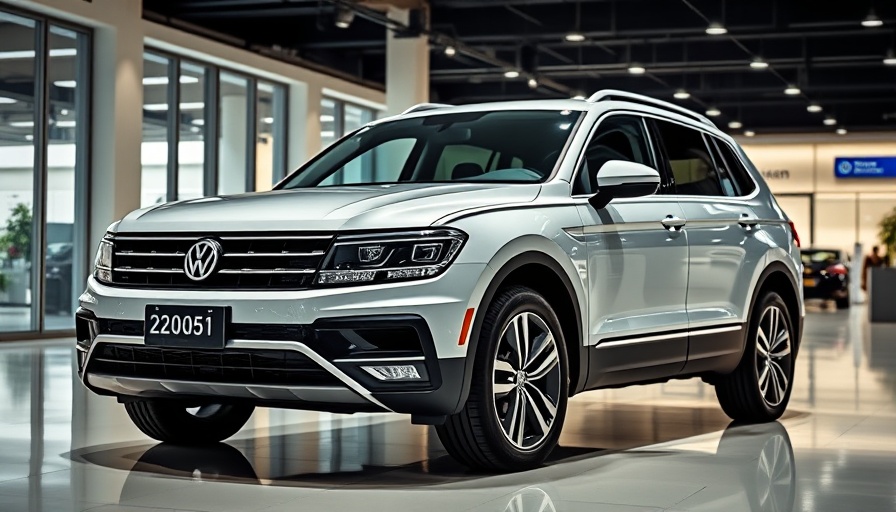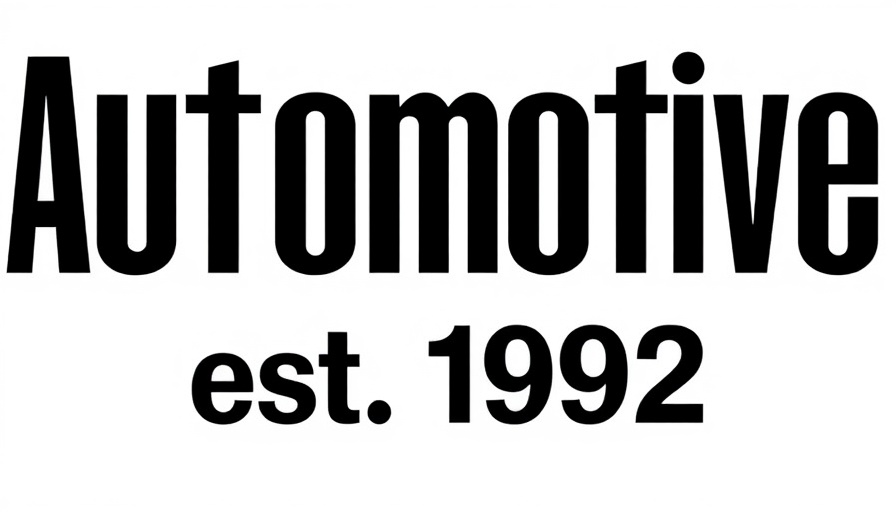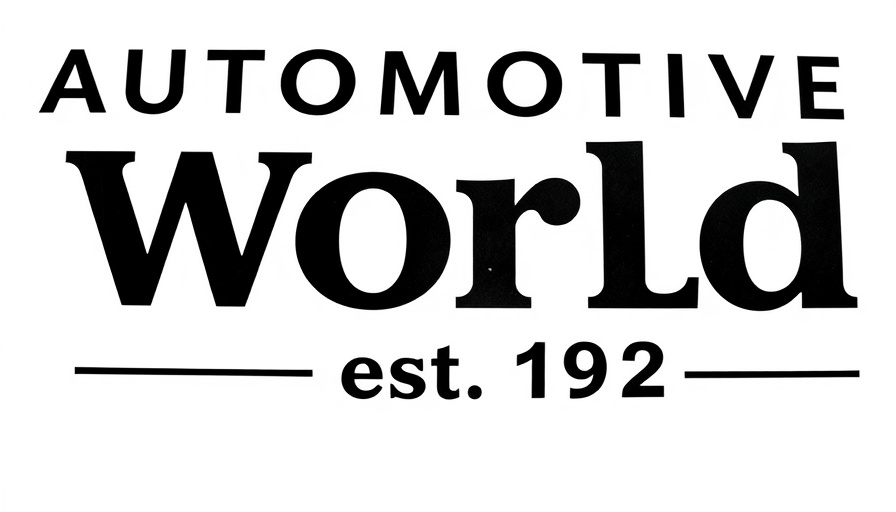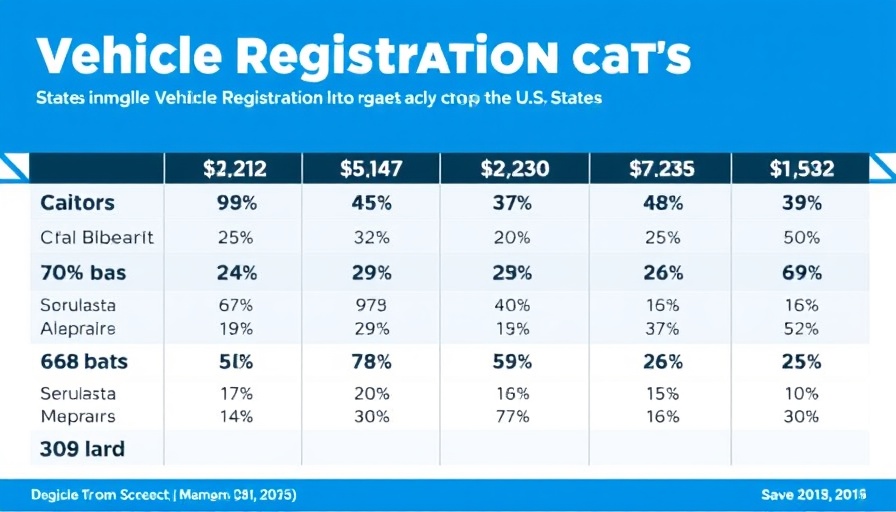
Volkswagen Tiguan 2025: A New Era Without Sacrificing Comfort
The 2025 Volkswagen Tiguan marks a significant evolution in the brand's compact SUV lineage. With a starting price of $30,920—an increase of $1,065 from its predecessor—this model manages to strike a balance between affordability and advanced features. In a competitive market where value is paramount, consumers might wonder: does the new Tiguan offer enough enhancements to justify its cost?
What’s New: Power and Technology Upgrades
Key to the 2025 Tiguan's appeal is its enhanced engine output. The turbocharged 2.0-liter four-cylinder engine now boasts 201 horsepower—17 more than last year—potentially improving performance across the board. Coupled with cutting-edge technology, including a standard 10.3-inch digital gauge cluster and a larger 12.9-inch touchscreen, Volkswagen aims to cater to tech-savvy buyers looking for smart, intuitive interfaces. These updates reflect a growing trend among auto manufacturers to prioritize technology in their offerings.
The Impact of Dropping the Third Row
One major change in this iteration is the absence of third-row seats, a decision that has led to mixed reactions. For family-oriented buyers, this could be a point of contention as competitors are increasingly offering flexible seating options. However, this sacrifice allows for a more spacious second row and enhanced usability, fitting for those who prioritize comfort and cargo capacity over maximum passenger numbers.
Pricing Comparison with Competing Models
In comparing the Tiguan's pricing to competitors, like Ford’s Escape and Honda’s CR-V, it remains competitive yet slightly on the higher end of the spectrum. The question becomes whether the added horsepower and technology can compensate for the price increase and loss of seating capacity. Many consumers will weigh these aspects heavily when considering their next vehicle purchase.
Future-Proofing: How the New Tiguan Aligns with Market Trends
The market for compact SUVs is evolving, with buyers increasingly opting for hybrids and fully electric vehicles. While the Tiguan still relies on a traditional powertrain, Volkswagen’s investments in electrification may influence future models, indicating a potential pivot toward electric or hybrid variants. This could enhance Volkswagen’s appeal to environmentally-conscious consumers, aligning well with the overarching shift in the automotive industry.
If you’re a dealership owner or manager, it’s essential to understand these shifts. As customers become more discerning, adapting your sales strategies to highlight the Tiguan’s features and values will be vital. Enhance your team's training to ensure they’re prepared to answer questions about the new features and provide insights that resonate with potential buyers.
In conclusion, while the 2025 Volkswagen Tiguan may have a starting price above its predecessors, its mix of new technology and improved performance keeps it relevant in a crowded market. Dealerships should focus on these selling points to attract buyers looking for comfort, tech, and reliability.
 Add Row
Add Row  Add
Add 

 Add Row
Add Row  Add Element
Add Element 




Write A Comment